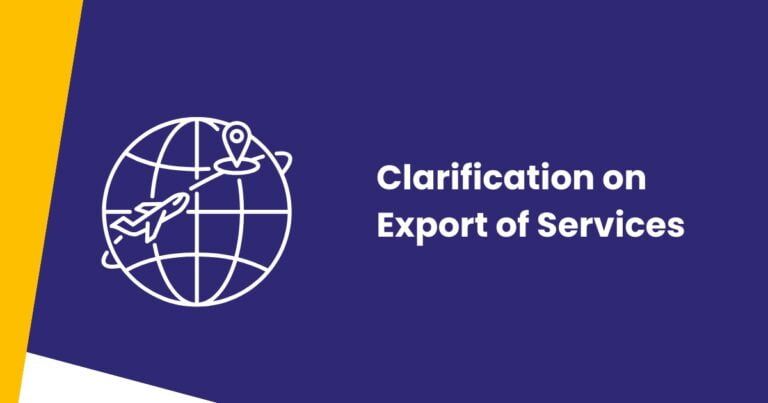Introduction
The UAE government recently approved a national strategy to fight money laundering and terrorism financing between 2024-2027. This strategy aims to enhance oversight and enforcement. Let’s take a closer look at its key aspects and how they strengthen protections.
Understanding the Approach
The strategy was formed after conducting a comprehensive review to understand risks. Authorities assessed which economic activities may be vulnerable to illegal money flows. This risk-based approach guides enforcement priorities and efforts.
National Risk Assessment
Teams of officials and private sector experts studied the UAE’s various industries and sectors. They analyzed which ones face higher risks of cash crimes due to factors like cash transactions or international clientele. Their findings helped identify key risk areas to focus on.
Eleven Strategic Goals
The approved strategy outlines targeted goals to eliminate financial crime threats. These include optimizing resources, enhancing oversight of at-risk sectors, upgrading legal frameworks, and cooperating internationally on financial intelligence.
Tighter Regulations and Oversight
The strategy strengthens controls in several ways:
Increased Monitoring of High-Risk Businesses
Sectors flagged in the risk assessment, such as car dealers and jewelers, face more robust due diligence and record-keeping standards.
Robust Supervision of Financial Institutions
Banks, insurers and other financial firms fall under strengthened regulations and compliance protocols. This includes more closely scrutinizing customer identities and transaction patterns.
Continuous Improvement
Rules and practices will evolve in tandem with new threats and global standards through ongoing assessment. Emerging risks from technologies like cryptocurrencies also receive targeted protections.
Mitigating Impacts on Daily Operations
While stricter protocols aim to safeguard the financial system, responsible firms can adjust smoothly:
Technology Streamlines Checks
Digital tools automate routine identity verifications and transaction screening, boosting efficiency.
Risk-Based Approach
Understanding sector-specific challenges through analyses informs proportionate supervision and assistance.
Outsourcing Options
Specialized compliance advisors can relieve the burden of non-core legal/reporting functions and support risk assessments.
Upholding Integrity Pays Off
Proactive cooperation helps maintain reputations and attract genuine investors crucial for business success long-term.
Conclusion
By seriously addressing money laundering at its sources through well-informed supervision and controls, the UAE asserts its position as a trusted economic hub. Responsible businesses view compliance not as a burden but as good governance that fortifies integrity while mitigating real financial and reputational threats. Overall the strategy cultivates transparency for sustained prosperity.
Frequently Asked Questions
Disciplinary actions like fines incentivize adherence, but cooperative rectification efforts receive positive consideration.
Minor adjustments like additional due diligence are anticipated rather than drastic changes. Proportionate risk management remains the priority.
Seeking guidance from experienced compliance advisors simplifies navigating requirements and identifying specific risks and solutions.





